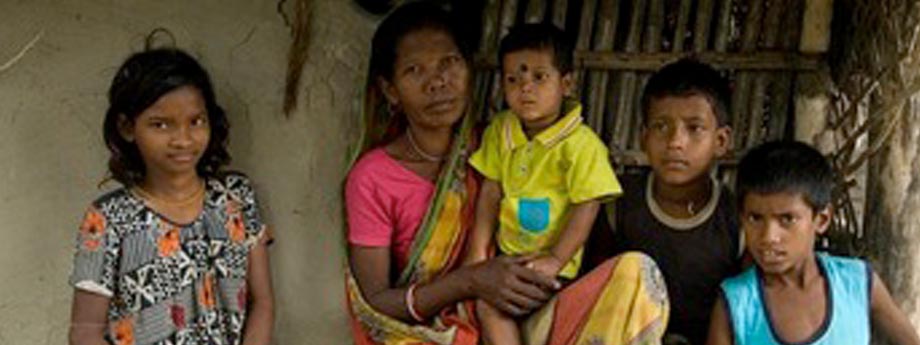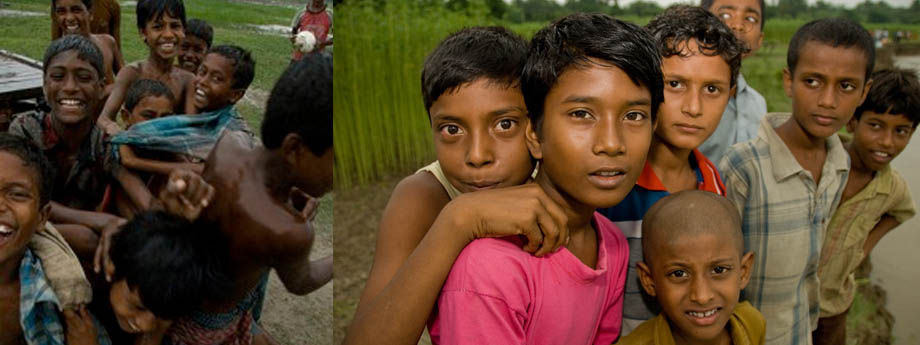India
Case Story I – A Wrongful Conviction Finally Reversed
Sarvesh, a vegetable vendor and family man, was accused, along with six others, of the kidnap of a minor. The complainant was the mother of the minor, who claimed that the defendants had hatched a conspiracy to kidnap her son, and that a ransom letter had been written by one of the accused.

Despite no direct or compelling evidence having been provided to establish guilt of the accused three of the men – including Sarvesh – were sentenced to life imprisonment. The complainant failed to provide the ransom letter , and the person who had allegedly written it was proven to be illiterate.
IBJ intervened and lodged an appeal at the High Court on behalf of all of the accused on the basis that the evidence used to convict them had been insufficient. The Court agreed and categorically declared that “the prosecution had failed miserably to establish its case against the appellants”. The accused were acquitted of all charges.
The principle that an individual is innocent until proven guilty was completely ignored, despite all of the accused maintaining their innocence throughout the entire process.
Sarvesh was imprisoned for almost five years for a crime that he did not commit. The consequences for his family (which included his ailing 85 year old mother were disastrous.
In cases of criminal injustice, it is not only the falsely accused who suffer, but their whole family.
Case Story II – A Life Destroyed, then Rescued
Mohd Faruq, a juvenile Bangladeshi national, came to India hoping to escape from abject poverty and make an honest living. Soon after he reached Delhi, he found himself behind bars, accused of banditry, murder and robbery.

Despite theoretical protections for juveniles in the Indian criminal justice system, Faruq’s age was never ascertained by the authorities, and he spent nine years in adult detention awaiting trial, and was then sentenced to life imprisonment.
IBJ lawyer Ajay Verma heard of the case, and intervened on the basis that he had been a minor at the time of arrest. The Court overturned the ruling, and ordered Faruq’s release two years after his initial sentencing.
Instead of being released, he ended up in the illegal custody of the Foreign Regional Registrar Office’s Camp. On discovery of this information, IBJ filed another writ petition to the High Court on
the grounds that the Constitution had been violated: Article 21 states that “No person shall be deprived of his life or personal liberty, except according to procedure established by law”.
In theory, the Indian criminal justice system recognizes that the system applicable to adults is not suitable for minors; the term ‘Children in Conflict with the Law’ is even used to describe juvenile defenders in order to avoid stigmatization.
Based on this second writ, the High Court ordered Faruq’s release for the second time. Faruq was finally able to return home to Bangladesh to start a new life.